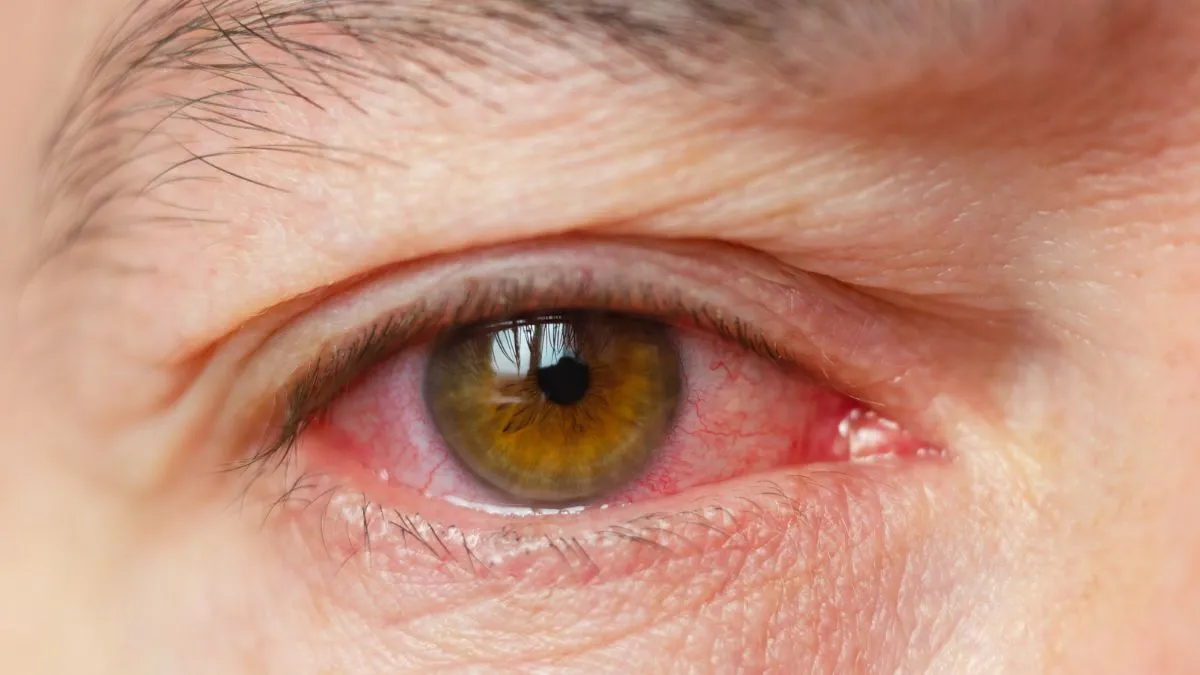- By Iram Hussain
- Tue, 24 Jun 2025 04:58 PM (IST)
- Source:JND
The monsoon season brings much-needed relief from the summer heat but also creates a favourable environment for the spread of eye infections. Increased humidity, stagnant water and contaminated hands are major culprits behind eye-related ailments such as conjunctivitis (pink eye), styes, dry eyes and fungal infections.Thus, protecting health during monsoon becomes crucial as the season creates an ideal breeding ground for bacteria, viruses and fungi.
In a conversation with Jagran English, Dr. Parul Maheshwari Sharma, PRINCIPAL DIRECTOR & HOD -OPHTHALMOLOGY, Fortis Memorial Research Institute, Gurugram shared tips to take care of your vision during monsoon.
Common Symptoms Of Eye Infections
Redness, itching, watering, swelling, discharge or blurred vision could indicate an eye infection. It’s essential to recognise these signs early and avoid self-medication.
ALSO READ: How To Boost Immunity Naturally With Ayurvedic Remedies This Monsoon?
Preventive Tips
Maintain Hygiene- Wash your hands frequently and avoid touching or rubbing your eyes, especially with unclean hands. This helps prevent the spread of viruses and bacteria.
Avoid Sharing Personal Items- Do not share towels, eye drops, handkerchiefs or cosmetics like eyeliners and mascara. Infections like conjunctivitis spread easily through such items and also avoid using old cosmetics.
Use Protective Eyewear- When venturing out in the rain, wear glasses to shield your eyes from rainwater that may carry pollutants or infectious agents. Additionally, do not use contact lenses in the swimming pool. Wear water-tight protective glasses in the pool.
Sanitise Your Eyewear- Keep your glasses or sunglasses clean to ensure optimal vision and hygiene.
Maintain Proper Contact Lens Hygiene- Clean your contact lenses thoroughly with the recommended solution and avoid rinsing them with tap water. Never sleep overnight with your lens in your eyes.
ALSO READ: Why Fungal Infections Like Ringworm Spike During Monsoon? Doctor Shares Simple Prevention Tips
Use Lubricating Drops (If Needed)- Dry eyes can become more common due to increased screen time during indoor stays. Use doctor-recommended lubricating eye drops to stay comfortable.
Consult An Eye Specialist- If you notice any persistent symptoms, seek medical advice promptly to avoid complications or long-term damage.
